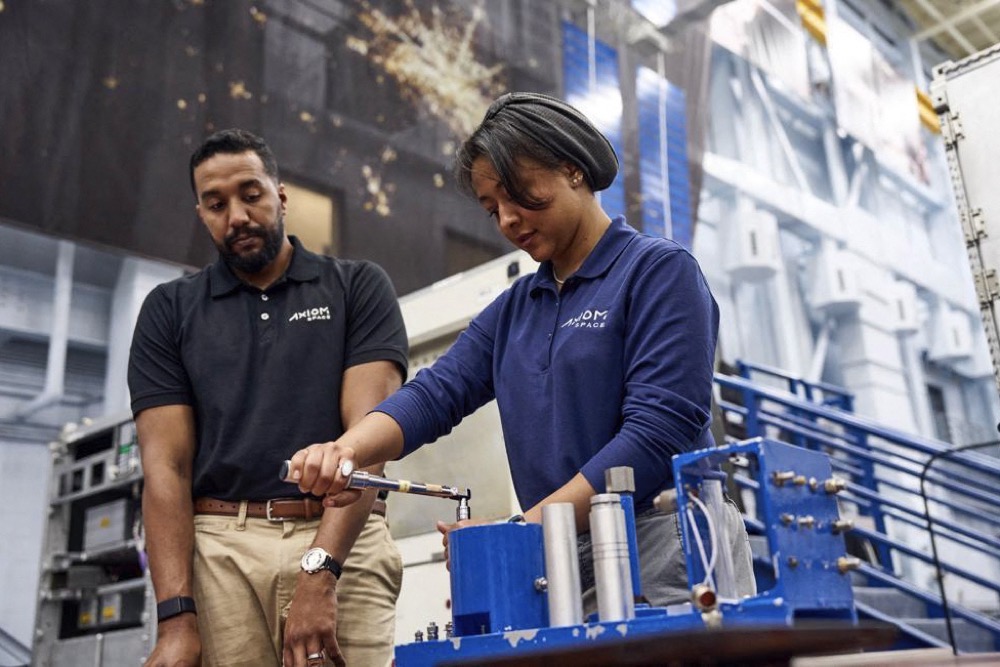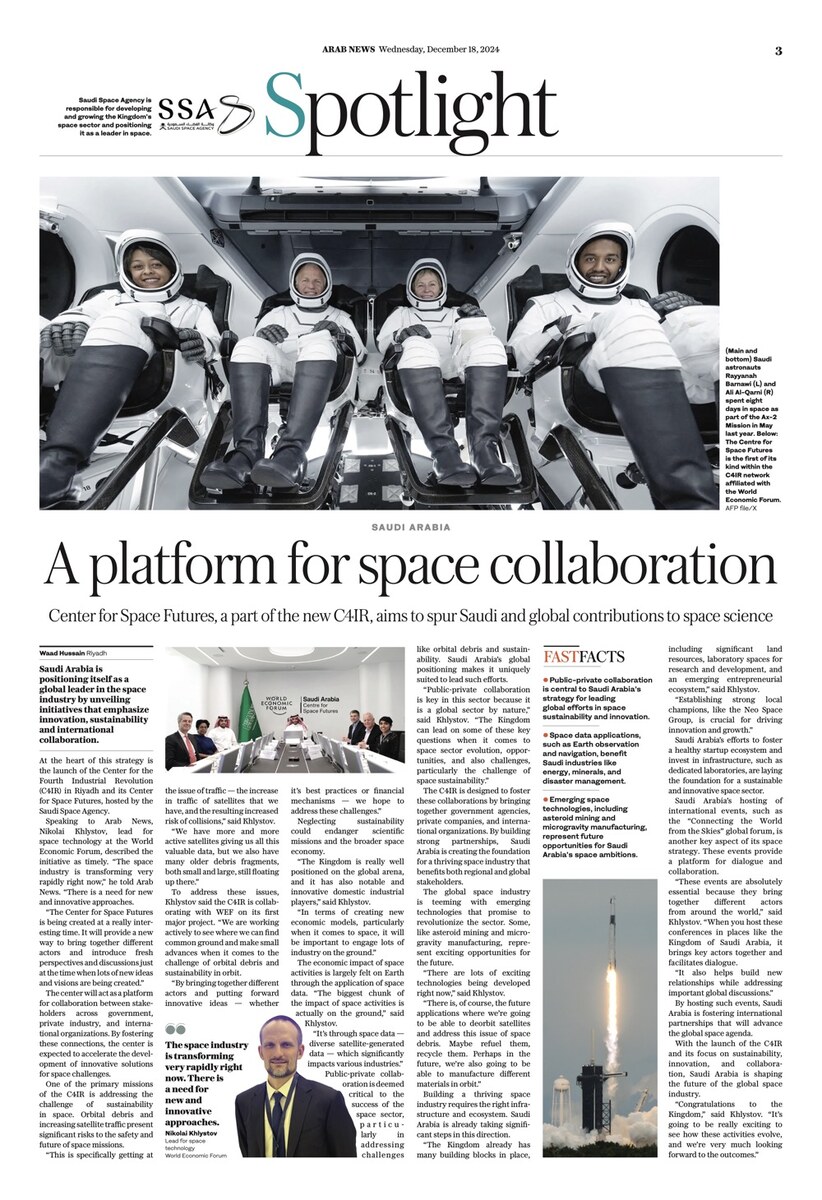RIYADH: Misk Art Institute is showcasing 35 digital media artworks by 28 Saudi and Saudi-based artists in its Summer 2024 exhibition at the Prince Faisal bin Fahd Arts Hall in Riyadh.
Following an open call, 28 artists were selected to display their works, inspired by the theme “Media and Technology,” a recent report by Saudi Press Agency said.
The exhibition, housed in the theater adjacent to the Prince Faisal bin Fahd Arts Hall, includes 35 pieces that explore artists’ personal narratives, human interactions in public and private spaces, and depictions of Saudi Arabia’s historical sites and evolving urban landscapes.
The exhibition also showcases artworks that delve into the artists’ origins, drawing inspiration from collective memory and the impact of cities on society. Among these, Hind Al-Duwaish’s “Arta” stands out as a poignant exploration of her hometown, Al-Artawiyah.
After discovering that the town was named after the arta shrub, also known as the fire bush and now almost extinct in the area, Al-Duwaish began a journey to locate the plant elsewhere, a quest documented in her artwork.
“The arta plant is known for its fragrant scent and beauty,” Al-Duwaish told SPA. Her research uncovered a verse by the poet Dhu Al-Rumma, further enriching the cultural context of her work:
“So he spent the night as a guest by an arta tree, piled high with sand dunes, warm and secluded,” the translation reads.
Nada Baraka’s “Outside the Backseat Window” features two striking photographs from a larger series, capturing day and night scenes that focus on people’s relationships with their urban environment.
The night image, utilizing long-exposure techniques, emphasizes the interplay of light from vehicles, buildings, and billboards to convey a sense of movement.
Saudi artist Latifa Al-Madi’s “Thara” drew its inspiration from the architectural heritage of central Najd. The title, meaning “a place that shelters and covers you,” encapsulates the essence of traditional Najdi architecture.
Al-Madi’s shadowy images evoke a deep emotional connection to historical architecture, part of her larger project on archival images preserving the region’s architectural history.
Osama Jebrti’s “The Fisherman Abdo” highlights the intimate relationship between a Farasan Island fisherman and his natural surroundings, serving as a reminder of the diminishing connection between urban dwellers and nature.
This piece underscores the critical need to reevaluate our relationship with nature and the essential role that the environment plays in shaping human identity.
The exhibition, which runs until Aug. 29, is part of a series at the Prince Faisal bin Fahd Arts Hall. It underscores Misk Art Institute’s commitment, as part of the Mohammed bin Salman “Misk” Foundation, to empowering local artists through a comprehensive ecosystem of education, practice, and multidisciplinary experiences.




































